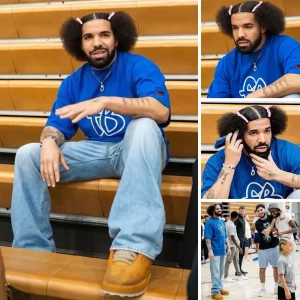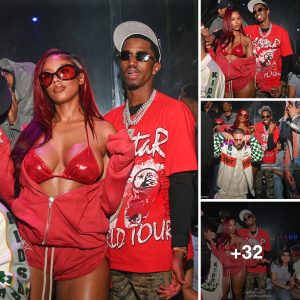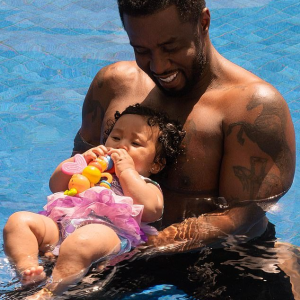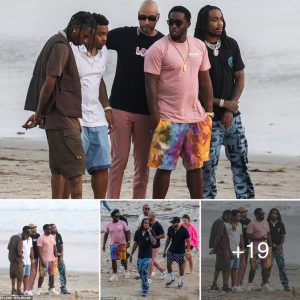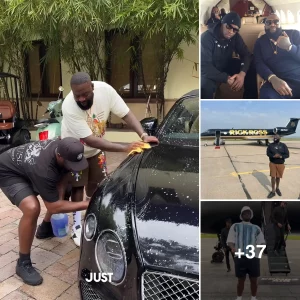On a Thursday morning, the sound of gunshots echoed through the streets of Rosario, Argentina. The target was a Unico supermarket chain owned by José Roccuzzo, the father-in-law of Lionel Messi. The attack was different from the previous ones as the 14 bullet holes came with a note that read, “Messi, we are waiting for you.”
Being born and raised in Rosario, Messi always wanted to finish his playing career at Newell’s Old Boys, the city’s most famous club where his football journey began. However, the message conveyed through the recent attack has made his dream look like a pipe dream.

Investigations into the attack are ongoing, with two hypotheses pointing towards drug traffickers or corrupt police. If the threat is proven to be from one of the city’s narco gangs, it is unclear what they intend to do. The strongest hypothesis is that they are seeking attention and want to frighten people. Targeting Messi tells the world how powerful they are, and nobody is beyond their reach.

The Rise of Narco Gangs and Violence in Rosario
Rosario, a major port city, used to ship grain from the surrounding fertile grasslands to other countries. However, now, the city has become a hub for cocaine cultivated in Bolivia and packaged in Paraguay. The fields outside Rosario are frequently bombed by unregistered planes, dropping bales of cocaine that are hidden in the cornfields.
As the traffickers have increased in number and power, so have the gangs and violence that come with them. With a murder rate of 22 per 100,000 people, Rosario’s rate is five times the national average, and killings have become increasingly brutal and seemingly random. Recently, Lorenzo Altamirano, a music teacher and juggler, was walking home after rehearsing with his friends when a car stopped next to him and took him away. Minutes later, he was found dead at the entrance to Newell’s stadium. He had been used as a “messenger corpse” by a drug gang, with a letter placed with his body.

Messi’s Political Influence Amidst Narco Wars
Messi’s decisions and mere presence in Argentina have political implications. After the World Cup, Messi and his teammates decided not to visit the Presidential Palace, and two months later, Messi opted to appear in a photo with Mauricio Macri, the former Argentine President who now leads the world governing body’s official foundation. Any politician would want him on their side, but Messi is unlikely to go further than just a photo.
Conclusion:
The narco wars in Rosario have become a significant threat to Messi’s dream of returning to his hometown. The rise of narco gangs and the increasing violence have made the city a dangerous place to live. Messi’s influence in Argentina’s political landscape is significant, and any decision he makes can have far-reaching consequences. The future of Messi’s dream of returning to Rosario remains uncertain, but one thing is for sure: the city’s narco wars have shattered the illusion of its peaceful past.
